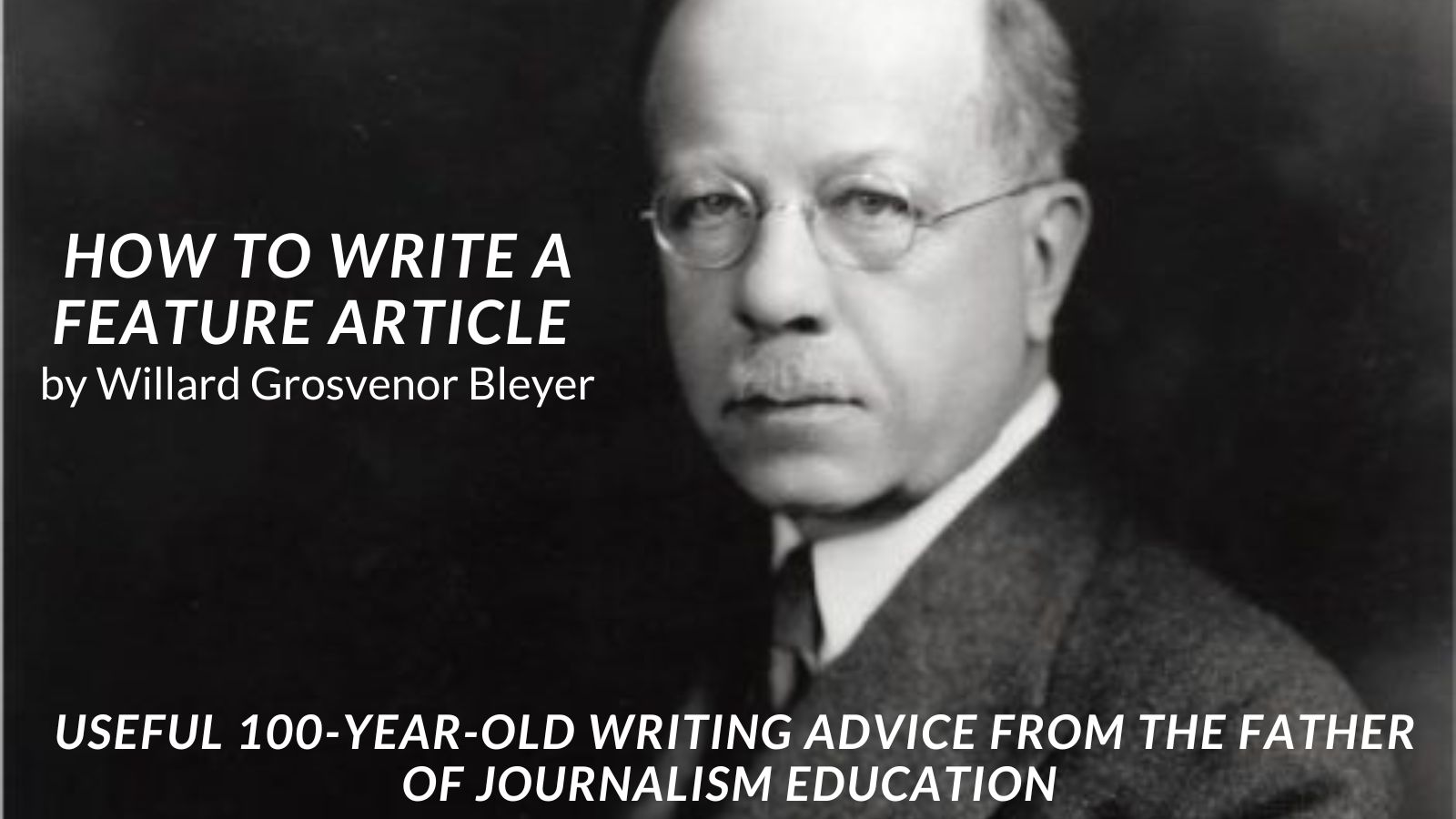As concerns tobacco, there are many superstitions. And the chiefest is this—that there is a STANDARD governing the matter, whereas there is nothing of the kind. Each man’s own preference is the only standard for him, the only one which he can accept, the only one which can command him. A congress of all the…
Author: Richard
Creating a Good Title for Your Short Story By Charles Raymond Barrett
Creating a Good Title for Your Short Story By Charles Raymond Barrett Too often the novice considers the title of his story a matter of no import. He looks upon it as a mere handle, the result of some happy afterthought, affixed to the completed story for convenience or reference, just as numbers are placed…
Americanism by H. P. Lovecraft
Laureate It is easy to sentimentalise on the subject of “the American spirit”—what it is, may be, or should be. Exponents of various novel political and social theories are particularly given to this practice, nearly always concluding that “true Americanism” is nothing more or less than a national application of their respective individual doctrines. Slightly…
On Publishing his “Dictionary” by Samuel Johnson
It is the fate of those who toil at the lower employments of life to be rather driven by the fear of evil than attracted by the prospect of good; to be exposed to censure without hope of praise; to be disgraced by miscarriage, or punished for neglect, where success would have been without applause,…
The Education of the Human Race by Gotthold Ephraim Lessing
That which Education is to the Individual, Revelation is to the Race. 2 Education is Revelation coming to the Individual Man; and Revelation is Education which has come, and is yet coming, to the Human Race. 3 Whether it can be of any advantage to the science of instruction to contemplate Education in this point…
A Perspective on Edgar Allan Poe by Arthur Symons
A Perspective on Edgar Allan Poe by Arthur Symons The poems of Edgar Allan Poe are the work of a poet who thought persistently about poetry as an art, and would have reduced inspiration to a method. At their best they are perfectly defined by Baudelaire, when he says of Poe’s poetry that it is…
How to Write a Feature Article by Willard Grosvenor Bleyer
Figurative Language by Joseph Devlin
Figurative Language by Joseph Devlin Figures of Speech—Definitions and Examples —Use of Figures In Figurative Language we employ words in such a way that they differ somewhat from their ordinary signification in commonplace speech and convey our meaning in a more vivid and impressive manner than when we use them in their every-day sense. Figures…
Getting Up On Cold Mornings by Leigh Hunt
Getting Up On Cold Mornings by Leigh Hunt An Italian author–Giulio Cordara, a Jesuit–has written a poem upon insects, which he begins by insisting, that those troublesome and abominable little animals were created for our annoyance, and that they were certainly not inhabitants of Paradise. We of the north may dispute this piece of theology;…
The Contemporary Novel by H. G. Wells
The Contemporary Novel by H. G. Wells Circumstances have made me think a good deal at different times about the business of writing novels, and what it means, and is, and may be; and I was a professional critic of novels long before I wrote them. I have been writing novels, or writing about novels,…
Women in France by George Eliot
WOMAN IN FRANCE: MADAME DE SABLÉ by George Eliot In 1847, a certain Count Leopold Ferri died at Padua, leaving a library entirely composed of works written by women, in various languages, and this library amounted to nearly 32,000 volumes. We will not hazard any conjecture as to the proportion of these volumes which a…
A Look at Poets and Poetry of the 1800s from 1888 by William Davenport Adams
A Look at Poets and Poetry of the 1800s from 1888 by William Davenport Adams The succession of the Hon. J. Leicester Warren to the barony of De Tabley was something more than a change in the personnel of the House of Lords; it amounted to a conspicuous addition to the Chamber’s intellectual power, and…
Alpine Diversions by Robert Louis Stevenson
Alpine Diversions by Robert Louis Stevenson There will be no lack of diversion in an Alpine sanitarium. The place is half English, to be sure, the local sheet appearing in double column, text and translation; but it still remains half German; and hence we have a band which is able to play, and a company…
THE DEATH OF SOCRATES by Plato
“Me, already, as the tragic poet would say, the voice of fate calls. Soon I must drink the poison; and I think that I had better repair to the bath first, in order that the women may not have the trouble of washing my body after I am dead.” When he had done speaking, Crito…
The Death of My Wife by Mark Twain
The Death of My Wife by Mark Twain To-morrow will be the thirty-sixth anniversary of our marriage. My wife passed from this life one year and eight months ago, in Florence, Italy, after an unbroken illness of twenty-two months’ duration. I saw her first in the form of an ivory miniature in her brother Charley’s…
